Beiersdorf, the German skin care group, and Nussbaum, the Swiss packaging specialist, are producing aerosol cans made entirely from recycled aluminium. After a year of development, the partner companies are producing an aerosol container from used beverage cans and are starting a new chapter in the area of the circular economy.
“The best thing about this technology is that it is the first that does not use primary aluminium, but instead uses aluminium waste from beverage cans. In this way, we are achieving a use of raw materials that is fully in line with the circular economy,” Markus Tomasini, CTO of Nussbaum Matzingen AG, said recently.
The Swiss company relies on its close network in southern Germany, Austria and Switzerland to produce infinitely recyclable aerosol cans. All aluminum beverage cans used as raw material are sourced regionally. This – according to the press release – guarantees short material routes and, due to the increased demand, also supports the material cycles in Central Europe.
Beiersdorf, a group known for iconic brands such as Nivea, has focused heavily on making product formulations and packaging for all brands in its portfolio more sustainable for years. “We continuously examine our processes, our procurement structures and the development of our products,” explains Jean-François Pas[1]cal, Vice President Corporate Sustainability at Beiersdorf. Beiersdorf continues to focus on the principle of circular economy with regard to packaging. Besides avoiding the packaging of the product.
“With our pioneering partnership with Nussbaum, we are triggering an industry-wide rethink along the value chain and are reducing our aerosol can-related carbon footprint by up to 90%,” said Norbert Menzel, director of packaging technology.
There are plans to make other parts of the Hamburg-based skin care company’s product range gradually more sustainable, among other things by using recycled aluminium.
“The best thing about this technology is that it is the first that does not use primary aluminium, but uses aluminium waste from beverage cans. In this way, we are achieving a use of raw materials fully in line with the circular economy”.

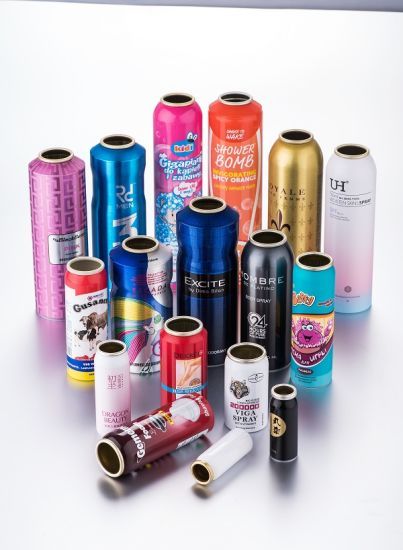
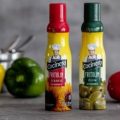
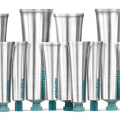
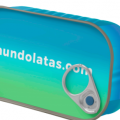
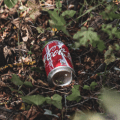
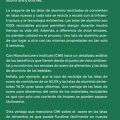
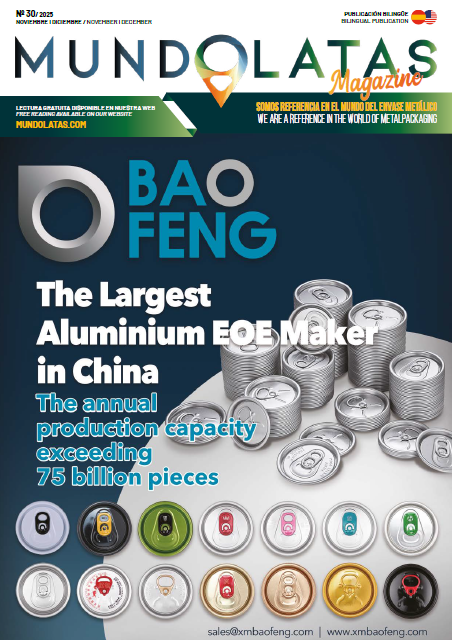


Hi
I am from Bangladesh,wants empty aluminum can for body spray & Airfreshar.
Please send your contact WeChat number & address to visit your office,thanks REGURD
Zaman